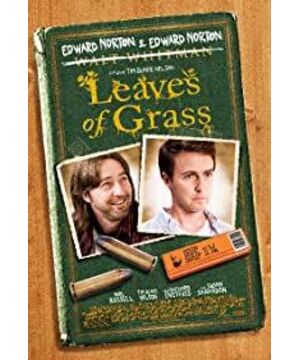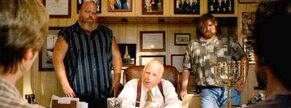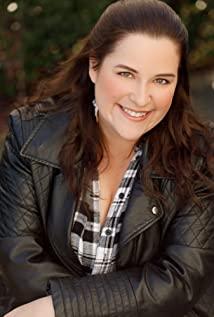Professor Bill, an outstanding talent in classical academia, was tricked into returning to his southern hometown of Little Dixie, which he hadn't returned to for many years, by his twin brother Brady, who made a living by growing marijuana. Brady used Bill as an alibi in order to get rid of the drug lord, but he was forced to kill the drug lord during the negotiation and tried to pretend to be a hate crime against the Jews. Unexpectedly, the dentist Bill met on the way back to his hometown, who was in desperate situation, discovered Brady's secret and accidentally killed Brady. Bill kills the dentist, and Brady convicts him. Bill was nearly shot by a drug dealer with a crossbow to help Brady pay off his debt. Bill, who was almost dead, faced his own life and started anew in Little Dixie.
Judging from the introduction, this should be a heavy movie about revenge, about life, about the value of life, and even about destiny. but it is not the truth. The film's pivotal turns are deconstructed comedy. For example, the nervous chatter of a desperate dentist ruins a seamless plan, the Nazi symbol painted to pretend to be a crime is drawn upside down, or Bill ends up almost killed by Brady's original fictional crossbow. These are all comedic twists, and the classical country ballads that run through the whole film, making the originally tragic plot suddenly become a comedy, and at the same time revealing the inner meaning of the script: Brady is actually Bill, his other A part of the lost true self.
Brady is Bill's self-forgotten and denied self. It was the natural, unfettered self that he feared. A pure self infiltrated by the extensive culture of the South and infected by the legacy of the 1960s from her mother. Bill is afraid of who he is, so he indulges in the academic world, isolating himself from the real world, changing his accent, abandoning his family, and protecting himself with theory and knowledge. But Brady was like a mirror, leaving him nowhere to hide. He was afraid of Bill and could only try to run away.
Brady's character is full of ancient chivalrous spirit, clever and wild, humorous and bold, looking at life with a spirit of anarchism and adventurism in the 60s, and living by the same rules as knights-use force to protect his wife's family, protect friends, Don't ask right or wrong, just look at the results. Be brave and fearless until death comes.
Most allegorically, Bill was actually attacked with a crossbow after Brady's death and was very lucky to survive. Just as Brady lied to Bill and came alive in front of him again. It should be said that Brady has also lived in Bill's soul since then.
The film is titled "Leaves of Grass"
Edward Norton has always been good at showing schizophrenia and neurotic characters (representative is "Fight Club"), and the performance in this film is also good. It's a movie worth watching for the actors. The film doesn't have a clear climax (Brady's death is dealt with lightly as well), it's a bit bland and thus criticized, but I think it fits the tone of the whole film well. The hot southern sun is plentiful, as are the summer storms. Living after a storm, the sun is still shining.
View more about Leaves of Grass reviews











